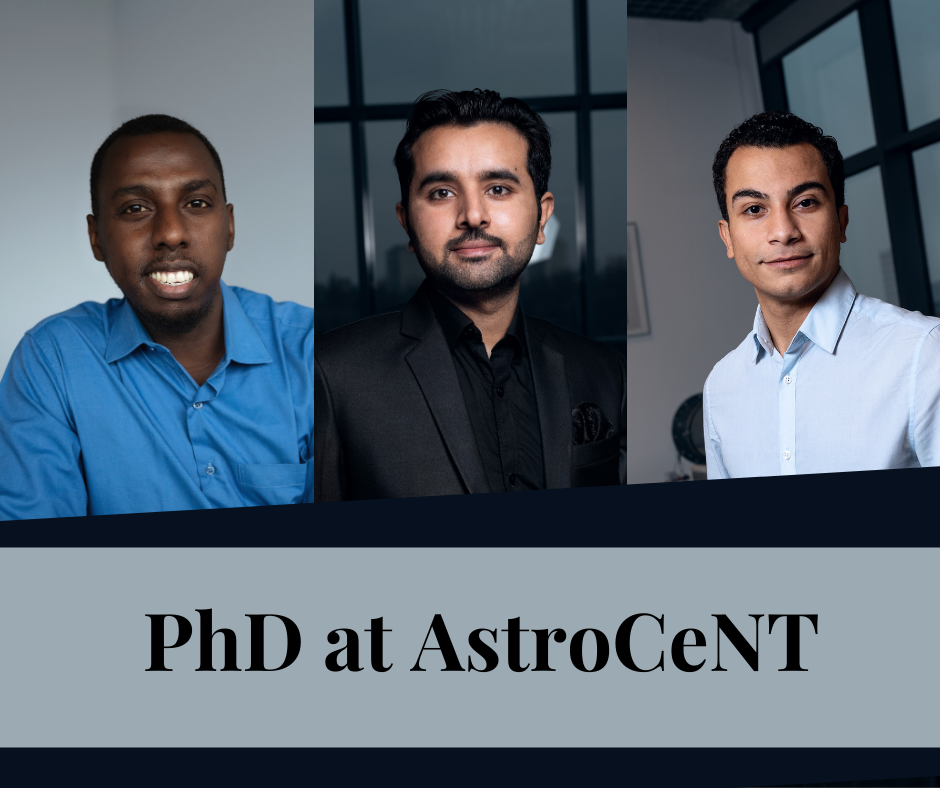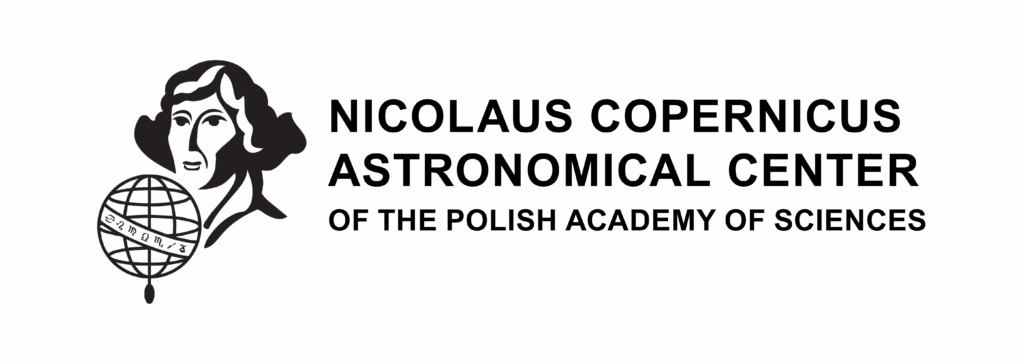One of the important areas of AstroCeNT’s activity is education. On the basis of research groups, PhD students conduct research related to the study of gravitational waves and dark matter. The results of this work will be embodied in their theses.
We asked our PhD students to talk about what they do under the guidance of their advisors and why they chose AstroCeNT.
Iftikhar Ahmad
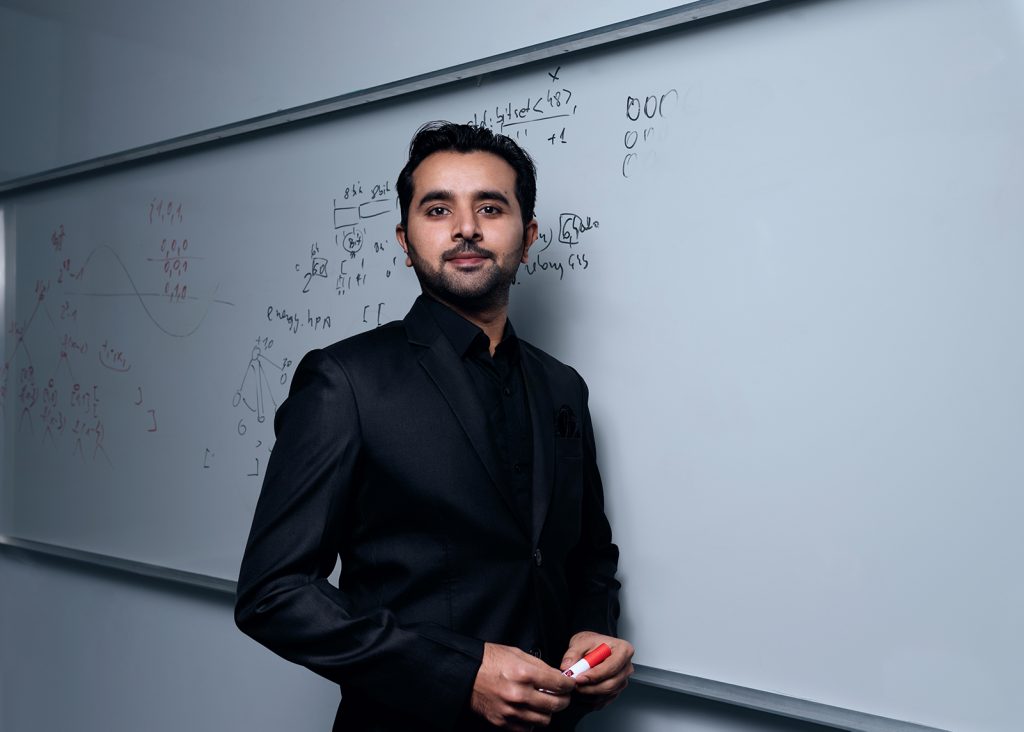
I am a PhD student at AstroCeNT. I am currently working in the group “Ultrapure SiPMs and Associated Readout Electronics” supervised by Dr Masayuki Wada. I am analyzing data from the DarkSide-50 experiment, the main goal of which is to detect dark matter – the missing matter in the universe that has yet to be discovered.
My research topic for the doctoral thesis is “Development of ultra-pure photodetectors and light guides for dark matter direct search and neutrinoless double beta decay experiment”. In such kinds of experiments, we need to suppress background noise (including the noise from the detector components) to reach ultimate sensitivities. In this project, we focus on the photodetection part of detectors (silicon-based photodetector modules and light guides), which is a leading background contributor in both dark matter and neutrinoless double beta decay searches. In 2021 I will join INFN (Instituto Nazionale di Fisica Nucleare) Turino, Italy for 6 months for the development of the ultra-pure silicon photomultipliers (photodetector).
During my master’s thesis which I was writing in Catania, Italy I realized my desire about pursuing and focusing on dark matter research. Soon I found a PhD position at AstroCeNT and applied for it. I chose AstroCeNT because of my research interest in the field of rare event physics. One of the reasons was to investigate the nature of dark matter, and be able to play my part in the dark matter detection. Also, there was an opportunity for doing interdisciplinary courses in different subjects, which will help me keep in touch with the research and development in different areas of physics.
Wathela Alhassan
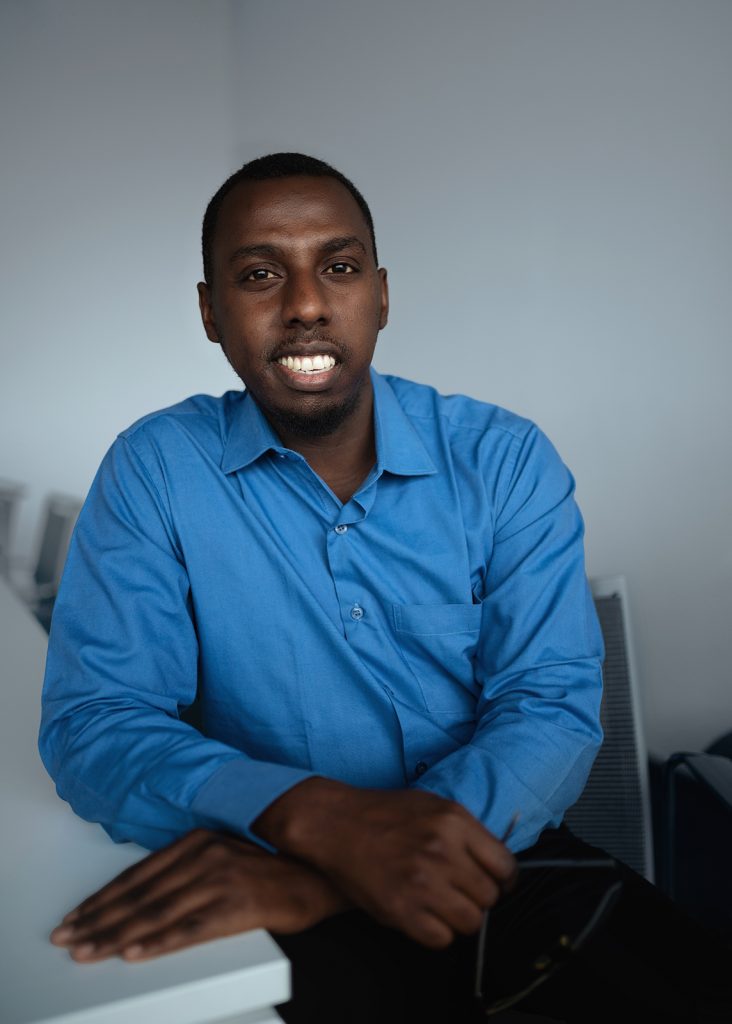
I am a PhD student at AstroCeNT working with Prof. Tomasz Bulik. My area of research is in the potential applications of Artificial Intelligence (AI) in geophysics and astrophysics.
More specifically, I am working on the classification of noise-signal gravitational waves using different AI algorithms.
I have a strong interest in the application of machine learning in astronomy and I chose AstroCeNT because of the cutting-edge related projects offered by the institute.
Paul Zakhary
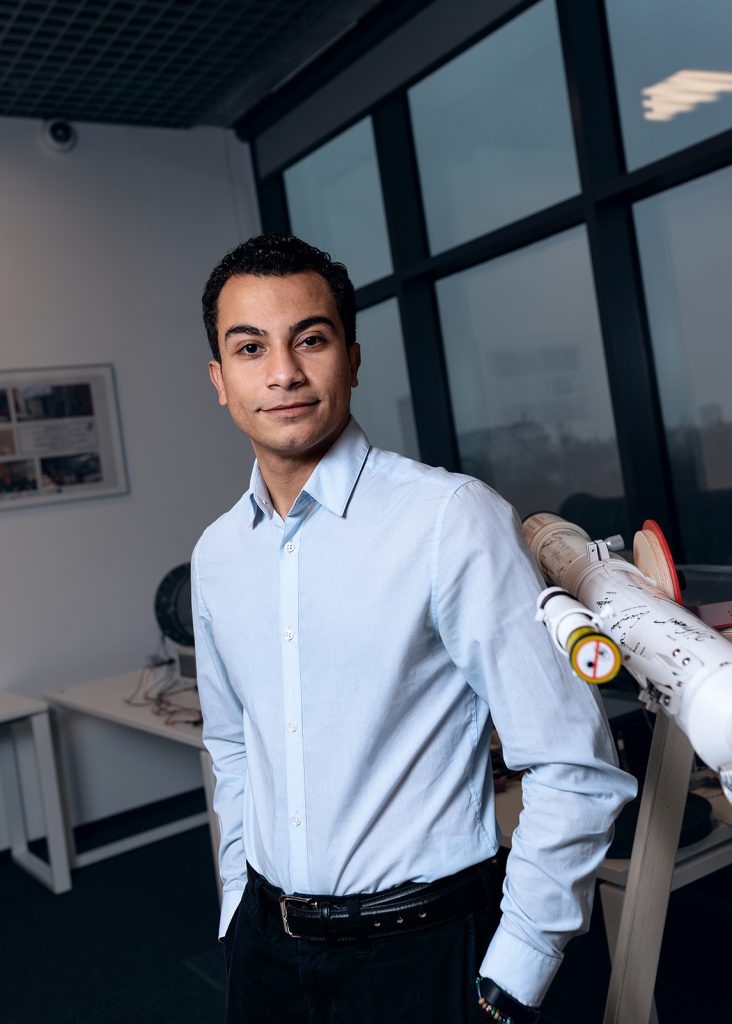
I have joined AstroCeNT as a PhD student since October 2020. I am currently working on a recoil direction (ReD) experiment to search for low-mass dark matter. The goal of the experiment is not only to detect dark matter particles (WIMPs) but also to reveal the direction they are coming from. Together with other members of a research group led by Dr Masayuki Wada we will be building our own model of this experiment to study the response of our detector to particles that could mimic the behavior of dark matter WIMPs.
The intriguing work environment at AstroCeNT motivates me to contribute to figuring out the mystery of dark matter. I believe that being a physicist is about being curious and bold in searching for answers because physics is rooted in the belief that investigating every tiny slice of any research frontier, will yield an indispensable piece of a fascinating bigger picture.
I chose AstroCeNT because of its international collaboration with prestigious experiments and institutes like DarkSide, Princeton, and Gran Sasso Science Institute (GSSI). Also, the option to graduate with a dual Ph.D. degree from GSSI and CAMK PAN seemed to be a very good opportunity to advance my career internationally afterward.
AstroCeNT is recruiting for doctoral studies every year. We encourage everyone interested to follow the news on our official website in the “What we offer” section.
Photos by Dmitry Nadtocheev
